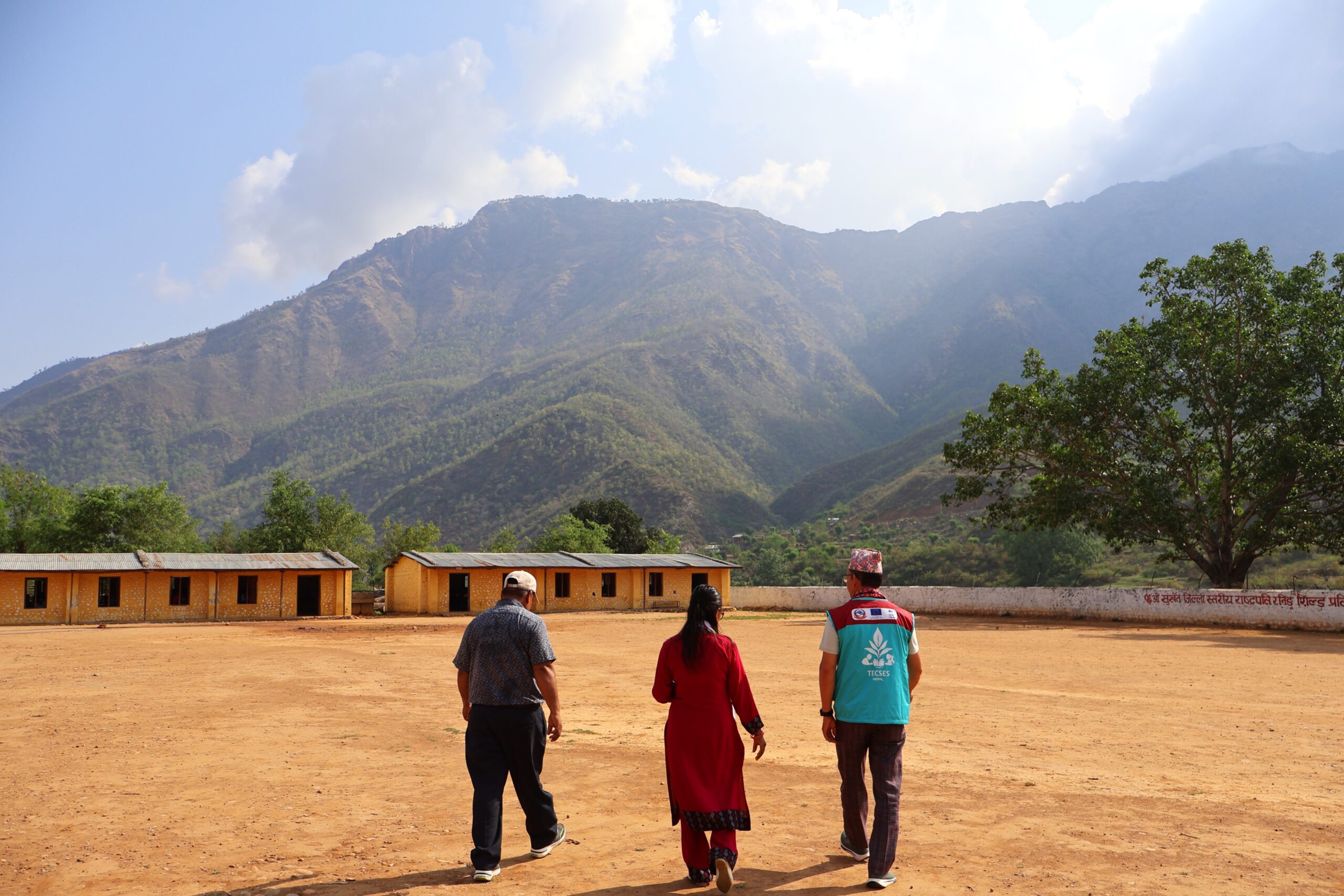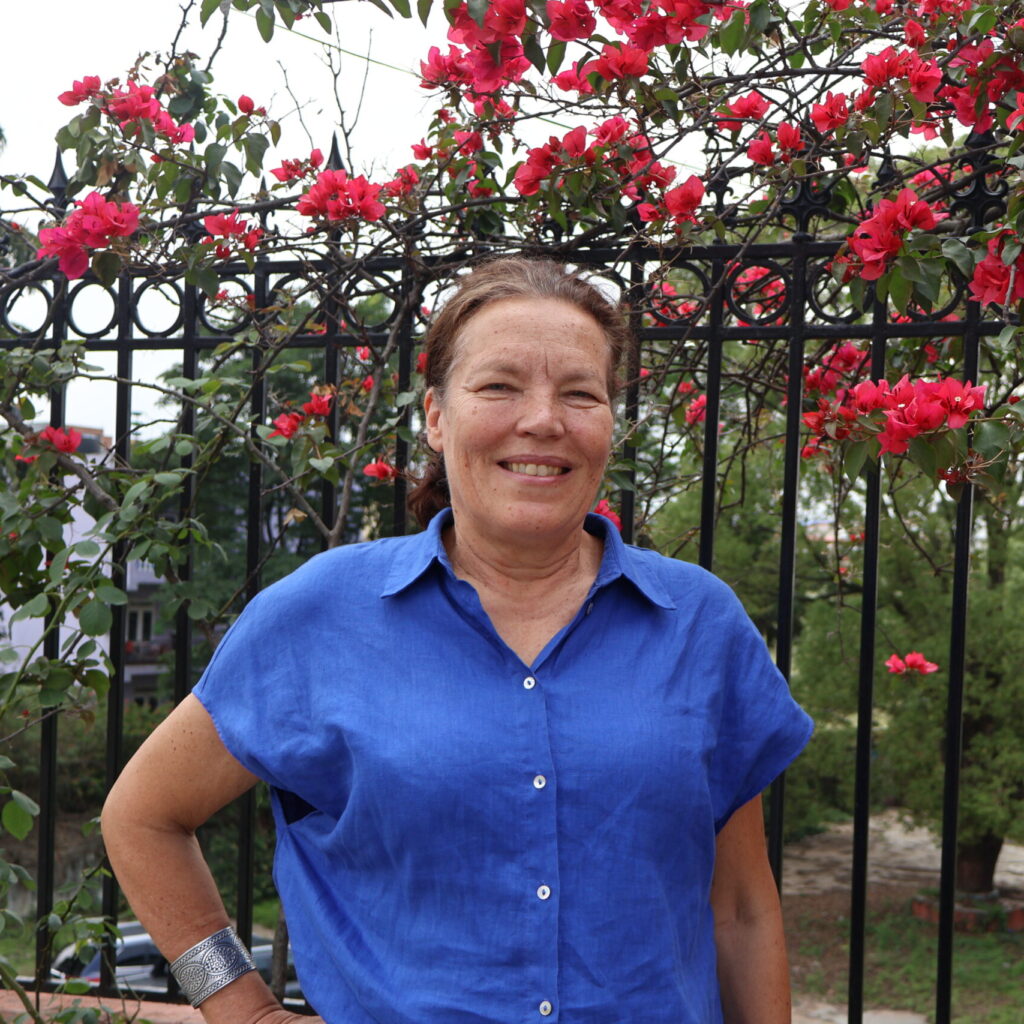One Year of TECSES: Rethinking Teacher Education

In June 2024, TECSES began its work to support the pedagogical skills of Nepali teachers. As the project marks its one-year anniversary, our Chief Technical Advisor, Eija-Riitta Kinnunen, shares her thoughts on the changing role of schools and teacher education.
1. Knowledge is changing and so are teachers
The world is constantly changing, and so is knowledge. This shift creates new needs across all parts of society, including schools. In fact, schools are not just affected by these changes. They are often at the center of them.
Traditionally, teacher education focused on teacher-led classrooms and knowledge-based learning. But in today’s world, with new technologies and unlimited access to information, teacher education must also evolve.
For instance, with unlimited information now available, the ability to think critically has become more crucial than ever. As the world changes rapidly, it's important to have the skills to adjust to new situations around you.
2. Teaching improves with practice
Teaching means an ongoing process of learning, too. It’s rare to master a skill just by reading books or attending lectures. Today’s teachers need hands-on experience in real classrooms, along with feedback on both their challenges and successes.
While practice may not make perfect, it does give teachers the tools they need to grow and succeed. In today’s fast-changing world, teachers also need to keep updating their skills and knowledge to stay effective in the classroom.
Working with peers also strengthens learning. Practicing together builds a community where teachers can share ideas, discuss challenges, and support each other.
3. Pedagogy is local, even when ideas are global
In education, one size does not fit all.
From experience, I’ve learned that a teaching method that works in Tanzania might not work in Nepal, but with some adjustments, it could be effective in Finland. This shows how important it is to understand and respond to local contexts.
For change to succeed, it must take into consideration the local situation. That’s why local knowledge and understanding are essential for any sustainable improvement in the education sector.
This is why I feel privileged to work in this field. At the heart of TECSES is the goal of strengthening teacher education in Nepal by working closely with local expertise. Teachers are not only shaping classrooms—they are shaping the future of society.
******

Eija-Riitta Kinnunen has decades of experience in the professional higher education sector and has led international degree programmes. She has also previously managed a development cooperation programme in Nepal focused on strengthening the livelihoods and soft skills of vulnerable youth and marginalized ethnic communities.
*******
TECSES is a teacher education project in Nepal, supported by Finland and the European Union. We work to improve schools through teacher training and inclusion at the federal, provincial, and local levels of government and Nepali universities.
